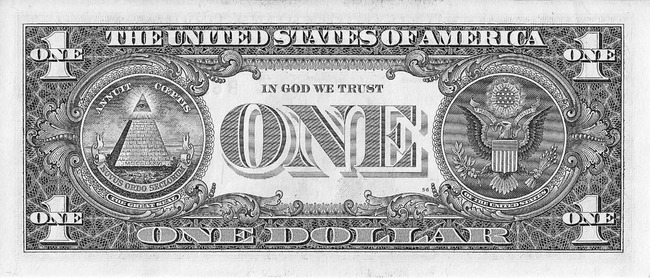When the Founders created the Great Seal of the United States in 1782, they borrowed all three of its sayings from poems attributable to the Roman poet Virgil (70-19 BCE): E pluribus unum (“out of many, one”), Novus ordo seclorum (“a new order of the ages”) and Annuit coeptis (“He [God] has approved our undertakings”). You can find all three on the back of the dollar bill.
Learning to read Virgil in Latin was a standard part of the educational curriculum in those days. So it was not surprising that participants in the debates over the ratification of the Constitution freely quoted the Roman poet to drive home their arguments. It’s also not surprising that when Gouverneur Morris drafted the Constitution’s Preamble, he followed a plan of organization similar to the one Virgil used in his first great book, The Eclogues.
I’ve written op-eds and essays about Virgil’s influence before (see here, here, and here), but the latest is a full-length scholarly article on the subject, which I recently submitted to academic journals.











